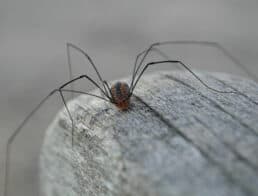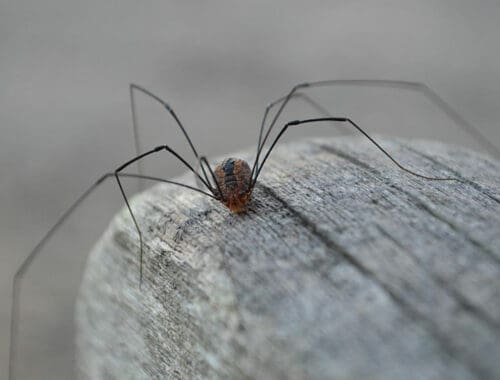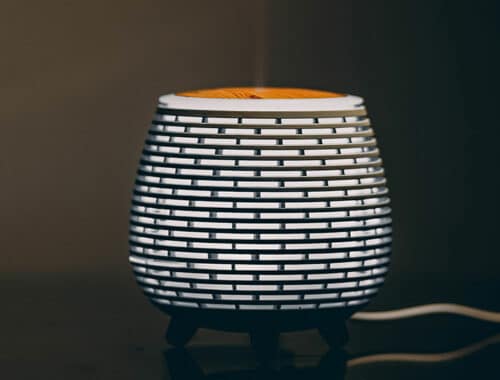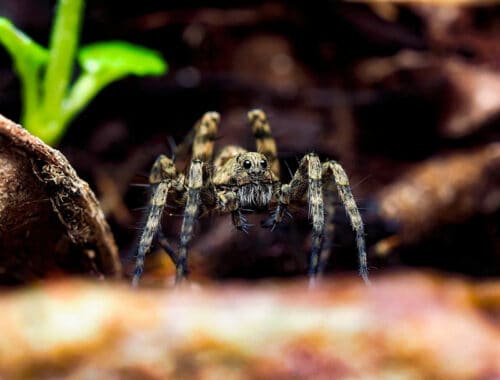Sphynx Cats are most known for their hairlessness. While these cats have sweet personalities and make amazing pets, they’re not the best option for allergy sufferers as they are not hypoallergenic. You may think that cat hair causes allergies, but a cat’s coat isn’t the main culprit for allergies. Cats produce a type of protein that triggers allergic reactions in people.
About 10% of people living in the US have pet allergies1, with cat allergies being the most common type. So, before you bring home a Sphynx cat or other “hypoallergenic” cats, make sure to do your research to find one that best fits your lifestyle.
Why Cats Cause Allergic Reactions in People
All cats will produce protein allergens to some degree. These allergens are found in their dander, saliva, and urine. The protein that’s the most common culprit for allergies is the Fel d 1 protein, which is found in cat saliva.
Research shows that kittens produce less of the Fel d 1 protein than adult cats, and unneutered male cats produce the highest levels of this protein. Females and neutered cats produce similar levels of Fel d 1 protein.
Cat hair can still trigger allergic reactions if they’ve come in contact and carry protein allergens. For example, if a cat licks its fur and you touch that part of its coat, you can end up having an allergic reaction.
Why Sphynx Cats Aren’t Completely Hypoallergenic
Sphynx Cats tend to have a complicated relationship with their skin. Because of the lack of fur, their skin can quickly become too dry. They can also become too oily because they don’t have hair to help distribute natural oils. These issues can cause a Sphynx cat to produce more dandruff, which is something that commonly triggers allergic reactions.
Also, if a Sphynx Cat has dry, irritated skin, it may try to lick dry spots to alleviate the pain. So, if you are mindful and diligent about caring for this cat’s sensitive skin, you may have a pet that’s close to being hypoallergenic. However, lack of maintenance can quickly cause the cat’s skin condition to spiral out of control and cause health concerns for both you and the cat.
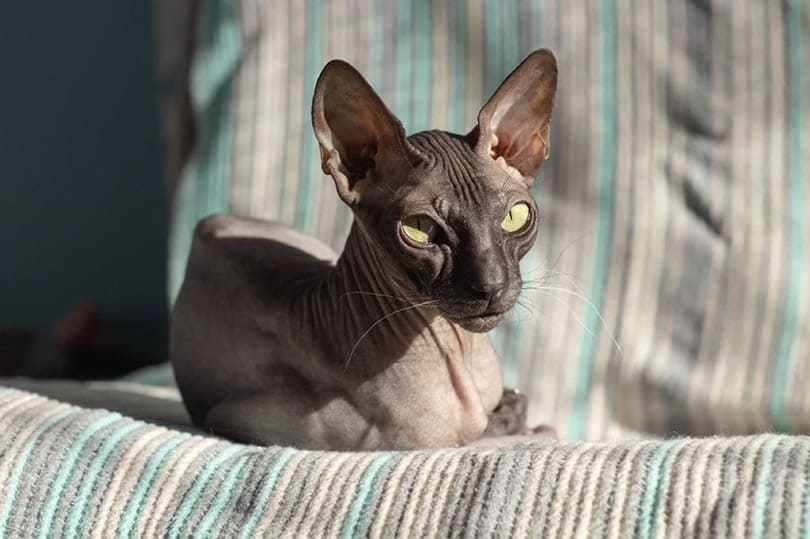
Cats for People with Allergies
Some cats may be advertised as hypoallergenic, but there’s no such thing as a cat that will never trigger allergic responses. However, you can find some cats that shed less and may produce less protein allergens than others. Here are some cat breeds that are known to be kinder to people with allergies:
- Balinese
- Cornish Rex
- Russian Blue
- Siamese
- Siberian
Can People With Allergies Live With Cats?
Yes, it’s possible for people with cat allergies to live with cats. As long as you don’t have severe allergic reactions, you can find ways to have a pet cat.
One of the most important things you can do is maintain a consistent grooming schedule. Keeping your cat’s coat healthy can reduce shedding all over the house and nourish your cat’s skin.
You’ll also have to clean your house regularly by vacuuming to pick up any dander and doing laundry to wash off saliva. Having an air cleaner or purifier can also help reduce the number of allergens in your home.
You can also restrict certain areas in your home and create cat-free zones so that you can rest and relax completely without worrying about allergic reactions.
Some people’s allergy symptoms may eventually go away with exposure. However, others may experience worsened symptoms. So, make sure to monitor your symptoms and see how they progress.
Conclusion
Sphynx Cats aren’t completely hypoallergenic, and they require some extra care to ensure that they have a healthy skin and coat. If you aren’t able to take the time to pay special attention to these needs, you may be better off choosing another allergy-friendly cat.
Featured Image Credit: Pixabay



